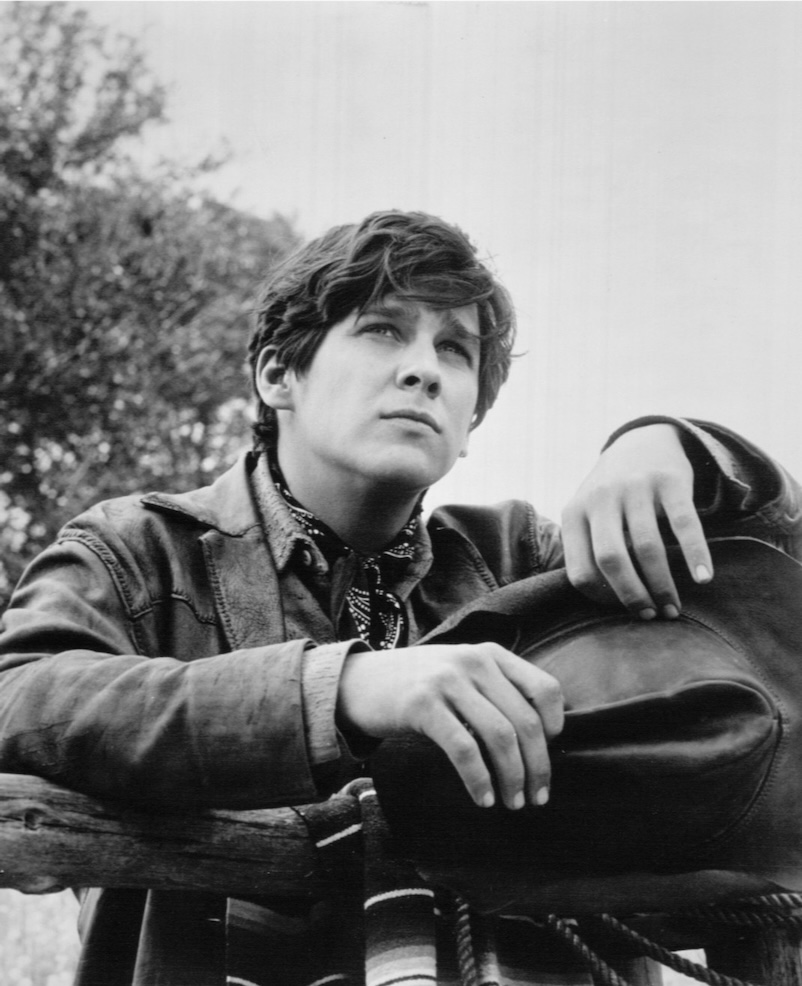Matheson’s Many Moves

Tim Matheson has been acting since he was a teenager and has a list of credits that runs to many pages, but the onetime Montecito resident (1994-2010, the only time he lived more than minutes from Hollywood) might still be best known for playing rush chairman Eric “Otter” Stratton in National Lampoon’s Animal House – if not vice president John Hoynes on the TV series The West Wing, the latter of which earned him two Emmy nominations for “Outstanding Guest Actor in a Drama Series.” But it took him until his mid-seventies to sit down and write a memoir about his life and six-decades-plus career.
Damn Glad to Meet You: My Seven Decades in the Hollywood Trenches was worth the wait, as Matheson dives into favored and influential roles, the struggles of a character actor, friendships he’s made along the way and much more. He pulls few punches in discussing his and others’ fallibilities. The writing is breezy and conversational, lucid and revealing, like a chat with an old friend over coffee – much like he used to do at Roger Durling’s French Bulldog coffeehouse in Summerland before Durling took over the reins of the Santa Barbara International Film Festival 20 years ago.
SBIFF is hosting Matheson on November 8 at its Riviera Theatre. There will be a conversation with Durling and book signing of Damn Glad to Meet You, the volume available four days before its official publication date. The title is one of Otter’s famous lines from Animal House, which will be screened in a restored version close to the event. Matheson currently appears as a regular cast member on Netflix’s romance drama Virgin River,which soon begins shooting a seventh season.
He mused on the book and more over the phone from his home in the Hollywood hills.
Q. What was the impetus for your move to Montecito back in the early 1990s, before it was a hip thing for Hollywood types?
A. Mostly to get away from Hollywood. I thought that I could be a better father, and person, if I didn’t give into my jealousy and my envy of others in the business, worrying about why I didn’t get an acting job or a good table at a restaurant. I didn’t want my kids to be feeling bad if they didn’t get invited to Tori Spelling’s party. It proved to be good for all of us, especially me, as I’d never lived anywhere but Hollywood, so it was great for me to get away and not be doing business every minute of every day. Even when lots of other actors moved here, everybody took their foot off the gas when they came up and just had a real life.
What prompted you to write this memoir now, when you are still acting in an ongoing series at 76?
I started to write the book because when I did Animal House, the movie happened in such a blur. I wanted to document what it felt like to be a part of it, relay the backstage view of what that was like and how important the movie was in cinema history. Then the publishers wanted me to broaden it, so it ended up covering a lot of my life and career.
What drove that was realizing that I had been in the right place at the right time for several seminal events in Hollywood, including working with Lucille Ball and Henry Fonda when I was a teenager. That whole generation of actors who came out of vaudeville had lessons to relate to me as an actor. Then I was fortunate enough to work with Clint Eastwood and Kurt Russell, who also helped me to recognize that show biz is a hard knocks game, and you have to be able to cope with the rejection and roll with the punches. I hope young actors today don’t make the mistakes that I made.
What made Animal House such a major experience for you?
I fought tooth and nail to get into that movie, because it was the single best script I’d ever read at that point, unique and funny and clever and rude and everything that the Lampoon was, too. Sexist, racist and making fun of the culture of 1962 that allowed for that sexism and racism. And it was smart. When it came out and was a hit, it shifted the comedy wheel of Hollywood: Airplane and Caddyshack and Coming to America, one after another.
I also want to ask about The West Wing, which to me is one of the greatest dramatic series of all time, and one that I go back and watch again and again.
(Creator and writer) Aaron Sorkin created such vivid multidimensional characters and his writing was like nothing I’d seen before. Stepping into a show like that was playing tennis at Wimbledon because you were held to a higher standard. You had to say exactly what was written, which most actors didn’t want to or couldn’t do. Every actor on the show was very gifted and worked hard. I mean, they even corrected our punctuation! But it was wonderful.
Now that the book is done, how was it for you to go back and relive so many moments from your career and life?
It was great, a lot of fun and good memories. It was also very freeing – like what Catholics must feel in terms of relief or redemption after going to confession. Own it and get it off your chest. When I look back, I can see my missed opportunities and mistakes. But at the end of the day, it’s been a great ride, and I’m still having fun.







You must be logged in to post a comment.